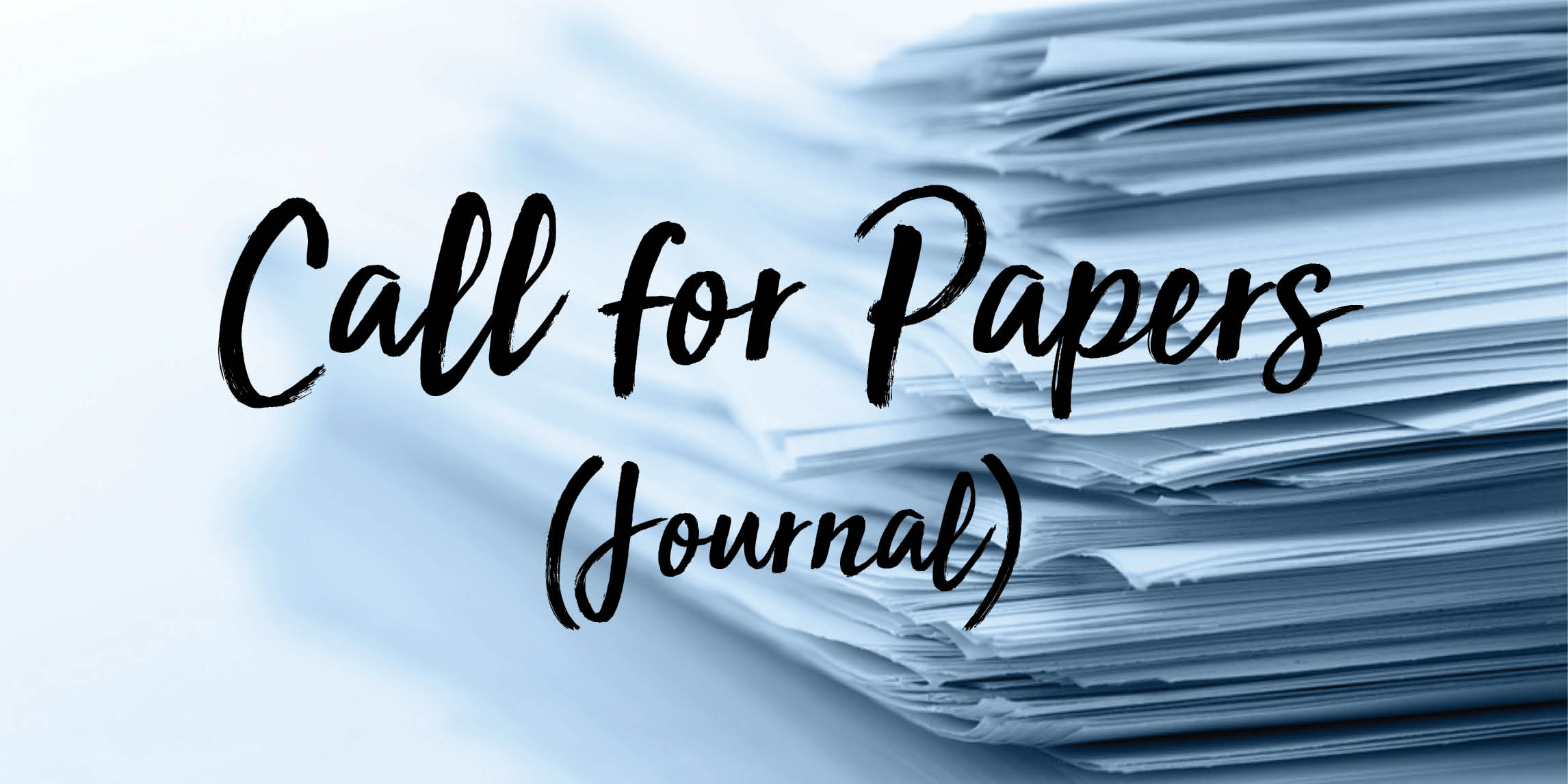The RUDN Journal of Political Science
World Politics and International Security Facing the Challenges of New Nationalism/24/2
ISSN: 2313-1438
Publication date: May 2022
RUDN University
Deadline: Mon, 10 Jan 2022
Contact: kazarinova-db@rudn.ru


Nationalism and populism have become stable characteristics of political systems in a cross-regional perspective: from Latin America to Europe and Asia. Despite the fact that the domestic political prerequisites and the effects of nationalism and populism receive coverage in the academic discussion, their impulse for the foreign policy of national states and, more broadly, the problems of world politics and international security, remains a “blind spot” for researchers. At the same time, even isolated investigations on the topic are characterized by various theoretical optics and empirical material. This fact does not contribute to the systematization and formulation of general trends and patterns regarding the development of populist phenomenon as a factor of world politics.
Issue 2-2022 proposes to contribute to the research debate about impact of nationalist parties and movements in their various regional and national variations to world politics. The issue will welcome articles at the intersection of comparative political science and international relations, revealing the impulse of nationalism and populism for the foreign policy behavior of states, the functioning of international institutions and the solution of global problems, especially in the field of international security. We will consider with particular interest the articles comparing the cases of Western and non-Western nationalist movements.
We are waiting for articles covering the following issues:
- How do nationalists and populists of different countries and regions see the world order? How do they / can influence its dynamics and parameters?
- How is the promotion of "illiberalism" by populists at the national level reflected in the state of the liberal world order?
- Do nationalists and populists participate in multilateral institutions?
- Are nationalists and populists more active than the mainstream in the use of force in international relations?
- Does the theory of international relations have adequate tools for understanding the populist phenomenon?
- How can nationalists and populists influence foreign policy in different institutional contexts?
- What foreign policy strategies do populist actors in opposition and in power choose? What factors determine the choice of strategy?
- Do ethno-nationalist parties and movements formulate their own foreign policy? What determines its content?











